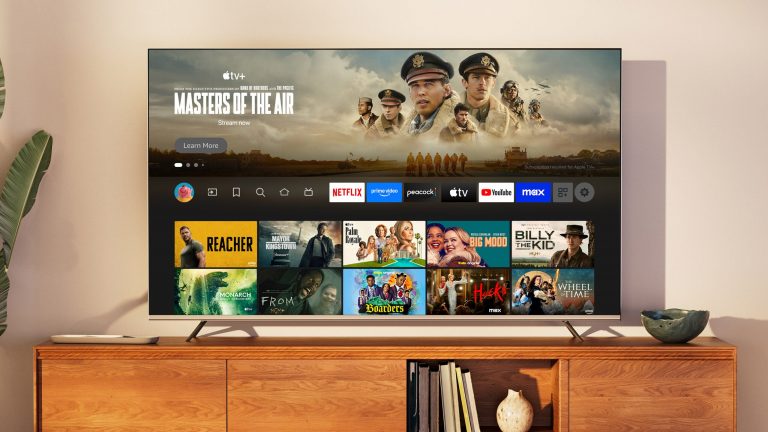Crushing Their Potential: How Netflix’s Short-Sighted Strategy is Undermining Its Best Series

The Folly of Canceling Kaos: A Streaming Dilemma
The news of Netflix’s cancellation of Kaos has left me scratching my head. It’s a perplexing decision that raises questions about the very nature of streaming and its impact on our viewing habits. As I wrote about the 20th anniversary of Lost, I lamented the fact that a show like that would be hard to produce in today’s streaming landscape. And yet, here we are with another example of a show that, in my opinion, doesn’t deserve its fate.
Not Every Show is the Same
Kaos is not the most thrilling show, nor does it conform to the traditional mold of a thrilling series. It’s a show that requires patience and dedication to follow its narrative. And, in my opinion, its cancellation is a disservice to its audiences, who may not have had the chance to fully discover and engage with the show.
The Problem is Binge-Viewing
One of the key issues is the rise of binge-viewing, a trend that Netflix has perpetuated with its policy of releasing an entire season at once. This not only creates a sense of urgency but also diminishes the social experience of watching a show. People might watch a series in one weekend, and then drop it, never to come back. Where’s the community? Where’s the watercooler talk?
The Culture of Short-Termism
And this is where I think Netflix’s approach is misguided. It’s a company driven by short-term thinking, where success is measured by immediate gratification rather than long-term viability. Shows are cancelled without giving them a chance to build an audience or gain momentum. This approach breeds a culture of instant gratification, where creators are forced to produce content that’s sleek, flashy, and attention-grabbing, rather than thoughtful and well-crafted.
The Solution?
A different approach is needed. Apple, for example, has shown faith in shows like Slow Horses, allowing creators to tell their stories without the pressure of instant success. Other streaming services could follow suit, opting for more nuanced, less explosive options that cater to a wider range of audiences.
In the end, the cancellation of Kaos is a reminder of the perils of short-term thinking in the streaming industry. It’s a mistake that not only harms the show itself but also the creatives behind it, and ultimately, the audience.






